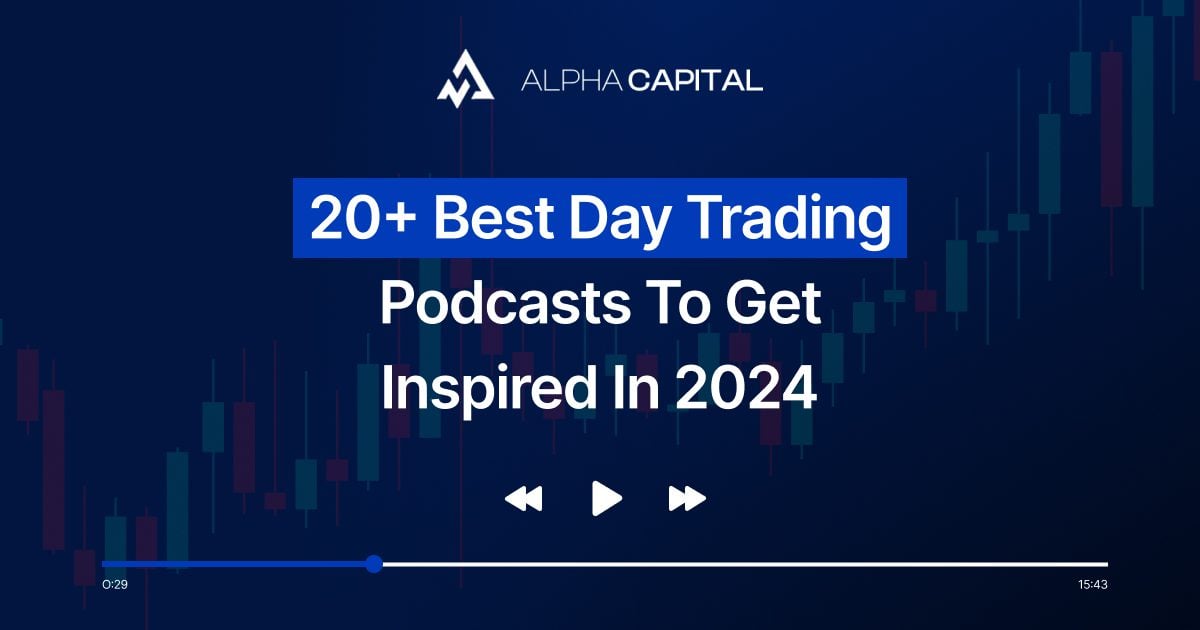
In the fast-paced world of day trading, staying informed and inspired is crucial for success. Podcasts offer a convenient way…
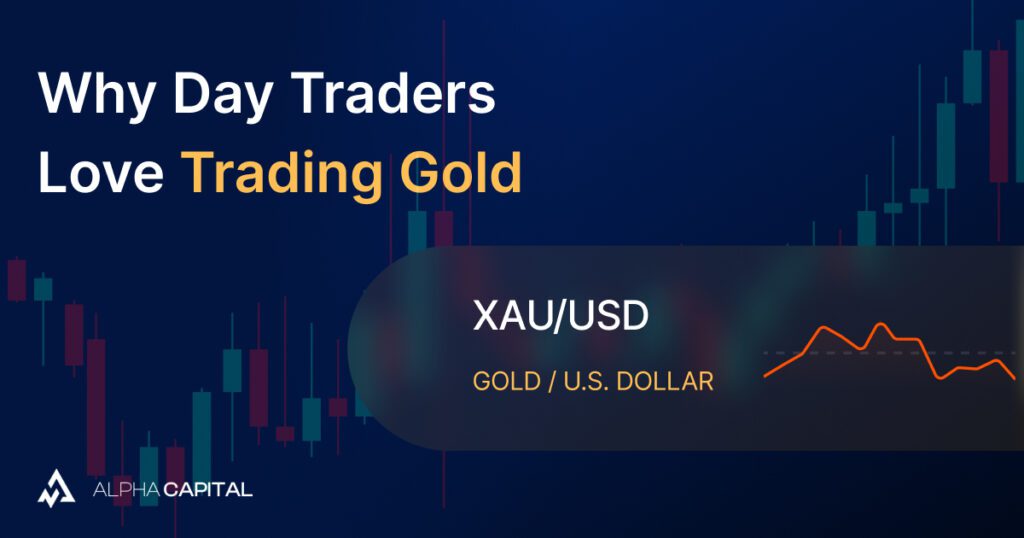
Gold has long been a favorite among day traders, offering a unique blend of volatility, liquidity, and market dynamics that make it an exciting asset to trade. With gold prices reaching all-time highs, the allure of trading this precious metal has only intensified. Here’s why gold is so appealing to day traders and what you should consider when trading it.
One of the key advantages of trading gold is its availability around the clock. Unlike some markets that have limited trading hours, gold can be traded 24 hours a day, five days a week. This continuous trading window allows day traders to capitalize on opportunities at any time, whether during the Asian, European, or American trading sessions.
Gold is known for its significant intraday volatility, often varying by 100 to 200 pips per day. This volatility creates numerous opportunities for day traders to profit from both upward and downward movements within a single trading session. The potential for larger profits makes gold trading particularly exciting for those who thrive on quick decision-making and rapid execution.
Gold prices are highly sensitive to economic news and geopolitical events, making it an ideal asset for day traders who follow market news closely. Events such as central bank announcements, inflation data releases, and geopolitical tensions can lead to sharp price movements, providing ample trading opportunities.
With gold prices reaching all-time highs, the market has become even more attractive to traders. The upward trend in gold prices reflects its status as a safe-haven asset, especially during times of economic uncertainty. This trend can offer day traders additional opportunities to capitalize on bullish movements.
While gold offers many advantages, day traders should also be mindful of the potential challenges:
The same volatility that creates opportunities can also pose risks. Rapid price swings can lead to significant losses if trades are not carefully managed. Day traders must employ robust risk management strategies, such as setting tight stop-loss orders, to protect their capital.
Gold prices are affected by a myriad of factors, including interest rates, currency movements, and geopolitical events. This complexity requires day traders to stay informed and be ready to adapt their strategies quickly in response to new information.
Day trading gold often involves the use of leverage, which can amplify both gains and losses. While leverage can enhance returns, it also increases the potential for significant losses. Traders must use leverage judiciously and ensure they have adequate risk management measures in place.
Gold’s 24-hour trading availability, intraday volatility, and responsiveness to market news make it a compelling choice for day traders. With prices at all-time highs and the potential for significant daily price movements, gold offers exciting opportunities for those looking to capitalize on short-term market dynamics. However, it’s essential to approach gold trading with a clear understanding of the risks involved. By employing effective risk management strategies and staying informed about market developments, day traders can navigate the challenges of trading gold and capitalize on its unique opportunities.

In the fast-paced world of day trading, staying informed and inspired is crucial for success. Podcasts offer a convenient way…
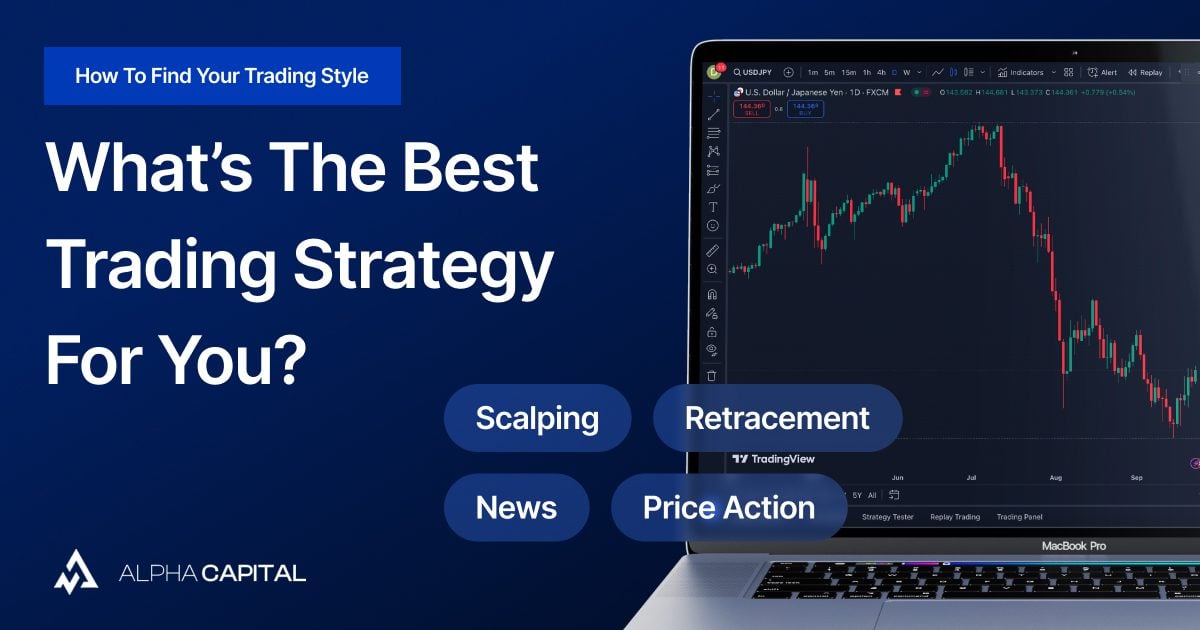
Embarking on a trading journey can be both exciting and daunting. With a myriad of trading styles and strategies available,…
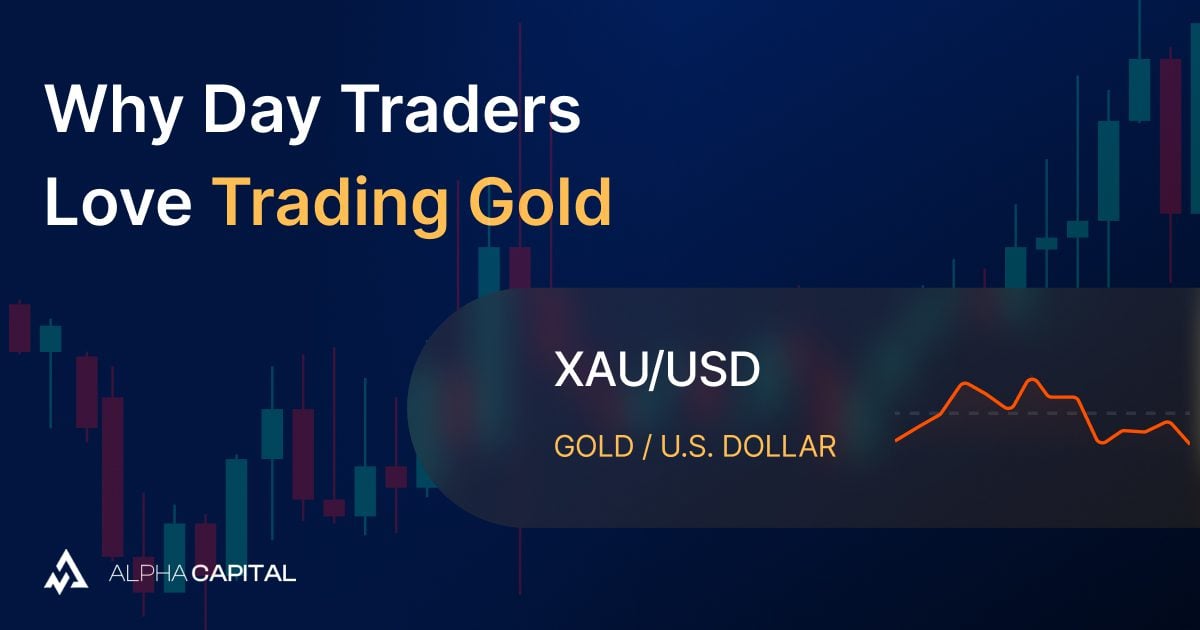
Gold has long been a favorite among day traders, offering a unique blend of volatility, liquidity, and market dynamics that…
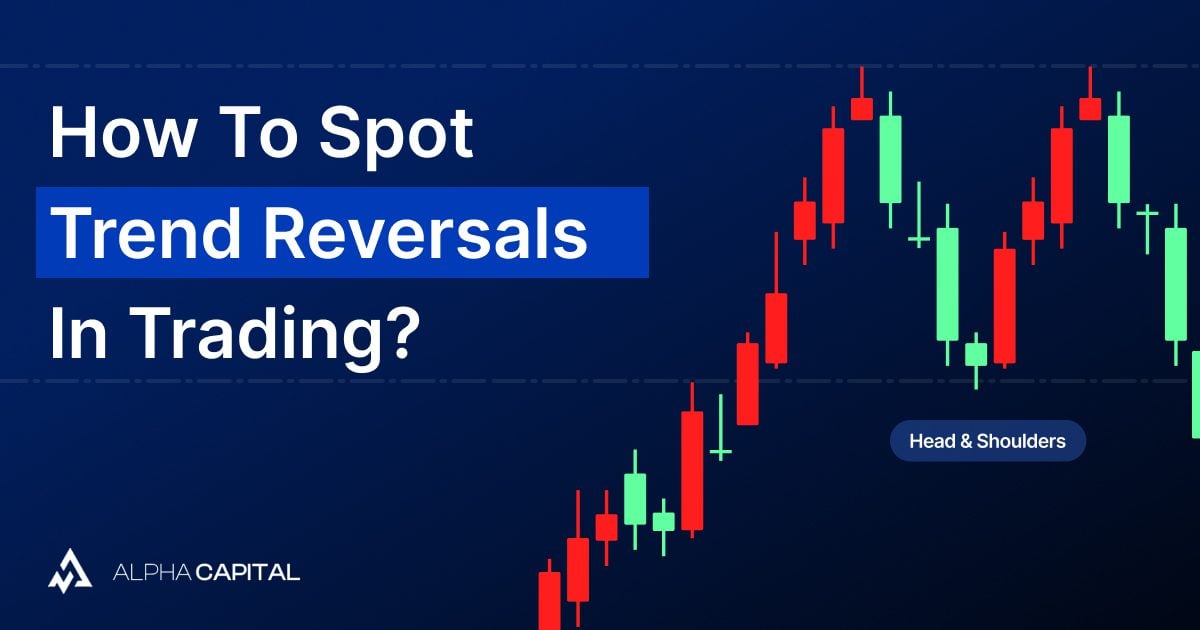
Identifying trend reversals in financial markets is a crucial skill for traders and investors. Recognizing when a trend is losing…

Home About Blog Contact